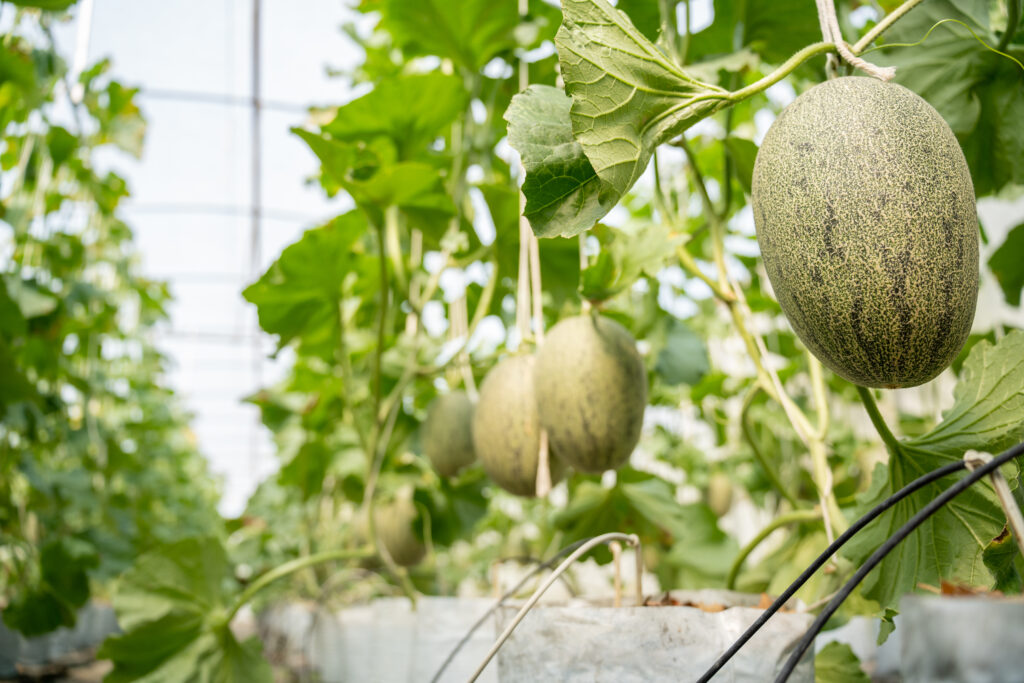Summary of A Vegetal Biopolymer-Based Biostimulant Promoted Root Growth in Melon While Triggering Brassinosteroids and Stress-Related Compounds
Vegetal Biopolymer Biostimulant Melon: Enhancing Root Growth and Stress Resilience
Introduction: Biopolymer-Based Biostimulant for Melon
The vegetal biopolymer-based biostimulant has gained attention for its ability to enhance root development during early growth stages of melons. Plant biostimulants, especially those derived from vegetal polymers, improve morphology, physiology, and metabolic activity in crops. In greenhouse melon cultivation, the application of Quik-link, a biopolymer containing lateral root-promoting peptides and lignosulphonates, significantly improved growth and stress tolerance.
Impact on Root and Shoot Development
Applying the biostimulant at five rates (0, 0.06, 0.12, 0.24, 0.48 mL per plant) via substrate drench revealed dose-dependent effects. Treated melons showed increased root dry biomass, total root length, and surface area, particularly at 0.24 mL per plant. Leaf dry weight and total plant biomass also increased by 30.5% and 27.7% at optimal doses compared to untreated plants. These results confirm that biopolymer-based biostimulants promote overall plant vigor.
Hormonal and Metabolomic Responses in Melon
Metabolomic analysis using UHPLC/QTOF-MS indicated that the biostimulant modulates brassinosteroids, cytokinins, gibberellins, and abscisic acid. Root metabolism was more affected than shoots, showing that root-applied biostimulants can trigger systemic hormonal signaling. These changes likely contribute to improved root architecture and shoot development.
Enhanced Stress Resistance
Beyond growth promotion, the treatment induced metabolites involved in defense, such as flavonoids, carotenoids, and glucosinolates. Plant biostimulants for melon may thus enhance resilience against both biotic and abiotic stresses, supporting healthier and more productive plants.
Conclusion: Sustainable Melon Production
Overall, vegetal biopolymer-based biostimulants offer an effective approach to boost root growth, biomass accumulation, and stress tolerance in greenhouse melon cultivation. Integrating these biostimulants into melon production systems delivers agronomic advantages while supporting sustainable practices.
Publication: Frontiers in Plant Science









